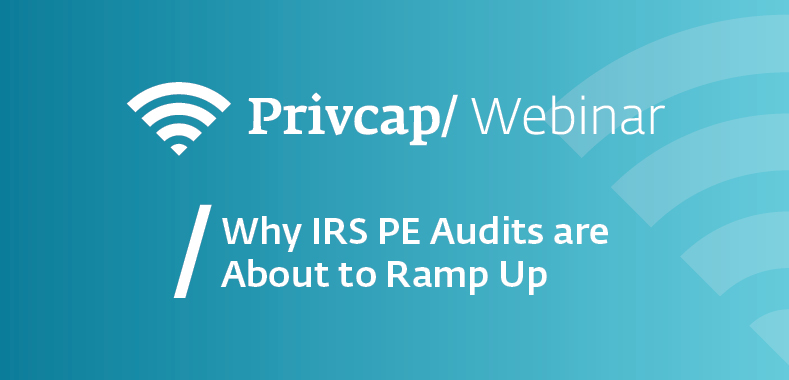How Your PE Firm Can Stay in the SEC’s Good Graces
Pay particular attention to expenses and fees, says Clifford Chance’s Steven Gatti
In 2011, the Securities and Exchange Commission adopted amendments to the Dodd-Frank Act that eliminated the private advisor exemption and required scores of previously unregistered advisors—specifically in the private funds space—to register with the commission. With the increase in the number of registered fund advisers, the SEC upped its oversight of the fund industry, making expense allocation and compensation issues a key compliance area.
“The main issue for the SEC is disclosure—does an investor have information available to them to make an informed investment decision?” says Steven Gatti, a partner with Clifford Chance US LLP in Washington, D.C., specializing in regulatory compliance and enforcement matters involving the SEC. “The second level is [whether] this particular expense is already, or should be, deemed to be covered by the management fee.”
At the same time, the SEC does not say which expenses can be allocated to investors and which can not, making the compliance process an intricate affair, Gatti explains.
Private equity firms that want to avoid negative outcomes in the event of an SEC audit should seek to update their disclosure to include additional information, if necessary, about new or existing expenses, he says.
Gatti emphasizes that, “Another level of analysis is whether the PE firms should remediate prior expense allocation by returning money to the investors.” To update the disclosures, firms should conduct an internal review of all fee and expense practices and then make adjustments based on its findings.
“Review the expense policy, review the disclosure and look at the disclosure versus the reality,” says Gatti. “Make sure that you are comfortable that the actual expenses are consistent with the disclosure and are reasonable compared with the evolving SEC precedent. This is worth undertaking unless the firm has been through an SEC exam recently.”
One area that has been attracting particular attention is portfolio company monitoring fees.
In 2015, Blackstone agreed to pay $39M to settle charges that they provided inadequate disclosures about acceleration of portfolio companies’ monitoring fees, and discounts on legal fees obtained by the firm but not offered to three of its funds. In April this year, Apollo Global Management paid $52.7M to settle claims about accelerating future monitoring fees and failing to supervise a senior partner who “charged personal expenses to the fund,” among others things.
“Monitoring fees are a [standard practice] for private equity but can be problematic where accelerated in connection with an IPO or a sale of the portfolio company,” says Gatti.
The main issue for the SEC is disclosure, according to a lawyer who deals with compliance and enforcement matters.

